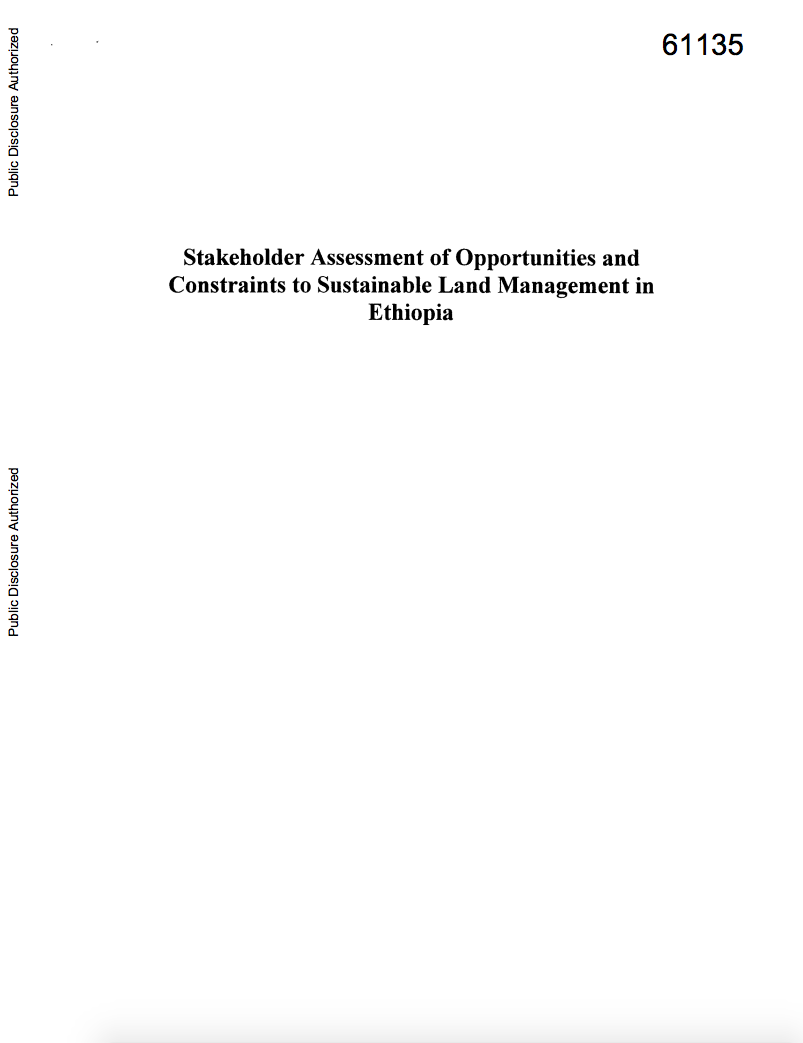The Rise of Large Farms in Land Abundant Countries : Do They Have A Future?
Increased levels and volatility of food
prices has led to a surge of interest in large-scale
agriculture and land acquisition. This creates challenges
for policy makers aiming to establish a policy environment
conducive to an agrarian structure to contribute to
broad-based development in the long term. Based on a
historical review of episodes of growth of large farms and
their impact, this paper identifies factors underlying the


